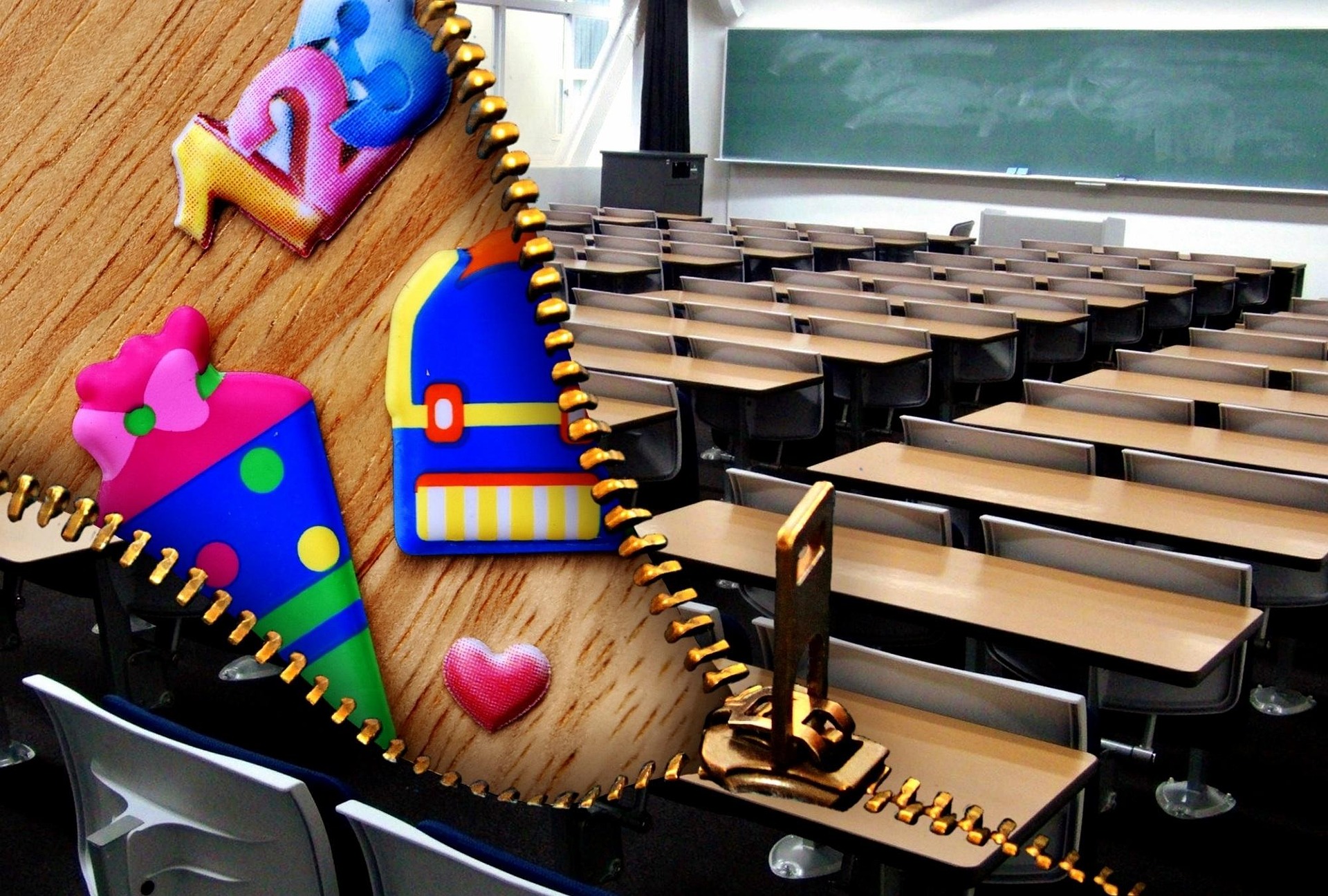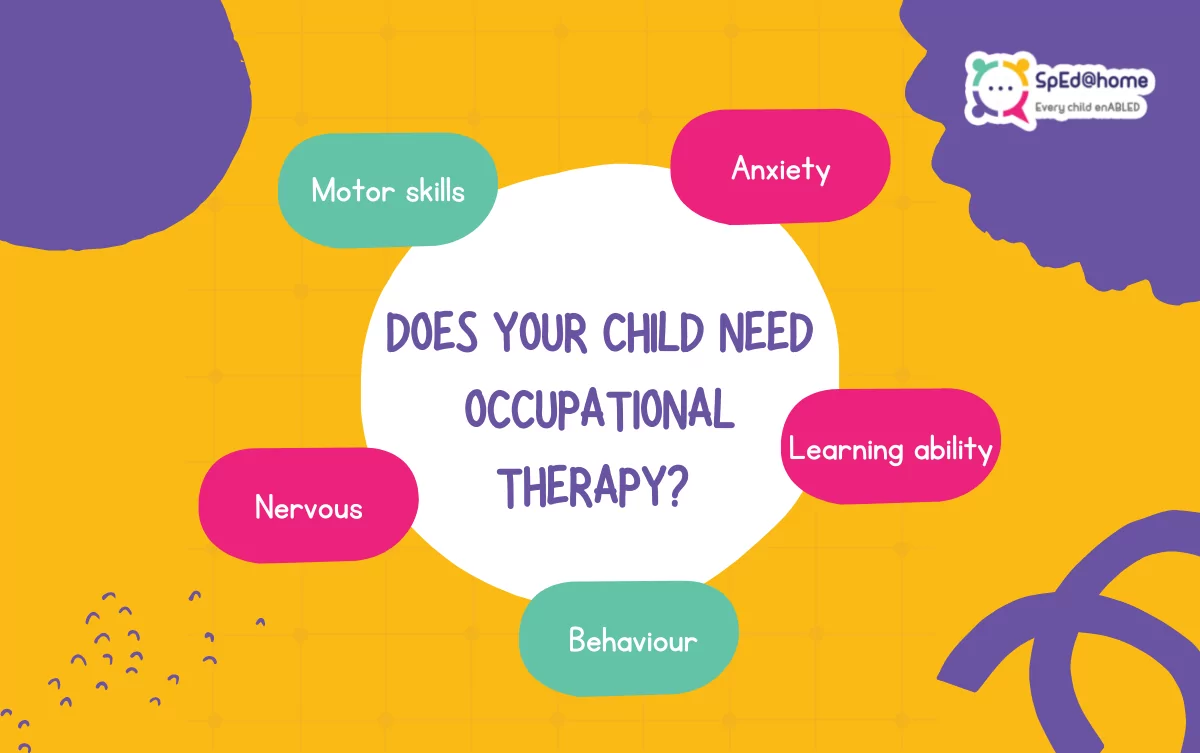Child Cognitive and Behavioral Assessment at Home
Understanding a child’s cognitive and behavioral development is essential for ensuring effective learning and emotional growth. A child cognitive and behavioral assessment at home provides a convenient, comfortable, and comprehensive way to evaluate a child’s abilities in a familiar environment. This approach helps parents and educators gain accurate insights into how a child thinks, learns, and behaves, allowing for early intervention and personalized support.
What Is a Cognitive and Behavioral Assessment at Home?
A cognitive and behavioral assessment evaluates how a child processes information, solves problems, and responds to social and emotional situations. Conducting this assessment at home ensures the child feels secure and relaxed, which can lead to more accurate observations of natural behavior. Specialists assess areas such as:
- Cognitive abilities: Memory, attention, reasoning, and problem-solving skills
- Academic skills: Reading, writing, math, and comprehension
- Behavioral patterns: Emotional regulation, social interaction, and coping mechanisms
- Sensory and motor skills: Coordination, fine motor control, and sensory processing
Benefits of Home-Based Assessment
- Comfort and Familiarity: Children perform better and show true abilities in a familiar setting.
- Convenience: Parents can schedule assessments without the need to travel to clinics or schools.
- Parental Involvement: Parents can provide first-hand observations and context about the child’s behavior.
- Accurate Behavioral Observation: Specialists can see how a child behaves naturally, rather than in a clinical or school setting.
Signs Your Child May Need an Assessment
Parents should consider a cognitive and behavioral assessment at home if a child demonstrates:
- Difficulty understanding or remembering instructions
- Trouble focusing on tasks or completing homework
- Emotional outbursts or frequent frustration
- Social challenges with peers or adults
- Uneven academic performance
Early identification ensures that children receive the right interventions before challenges become barriers to learning.
How the Assessment Works
- Parent Interview: Specialists gather background information on developmental milestones, daily routines, and observed behaviors.
- Observation: The child is observed during structured tasks, play, and daily activities.
- Cognitive Testing: Age-appropriate tools measure attention, memory, reasoning, and problem-solving skills.
- Behavioral Evaluation: Specialists assess emotional regulation, social interaction, and coping strategies.
- Report and Recommendations: Parents receive a detailed report highlighting strengths, challenges, and tailored intervention strategies.
Applications and Benefits
- Supports personalized learning plans for school and home
- Provides strategies for managing behavior and improving attention
- Helps parents and teachers understand how to encourage growth and skill development
- Guides therapy or coaching if needed, such as occupational therapy, speech therapy, or behavioral therapy
Final Thoughts
A child cognitive and behavioral assessment at home empowers parents to understand their child’s unique learning and behavioral profile. By observing children in a familiar setting, specialists can provide accurate, actionable insights that lead to tailored interventions, enhanced learning outcomes, and improved emotional well-being. Home-based assessments are an effective way to ensure children receive the support they need to thrive academically, socially, and emotionally.


